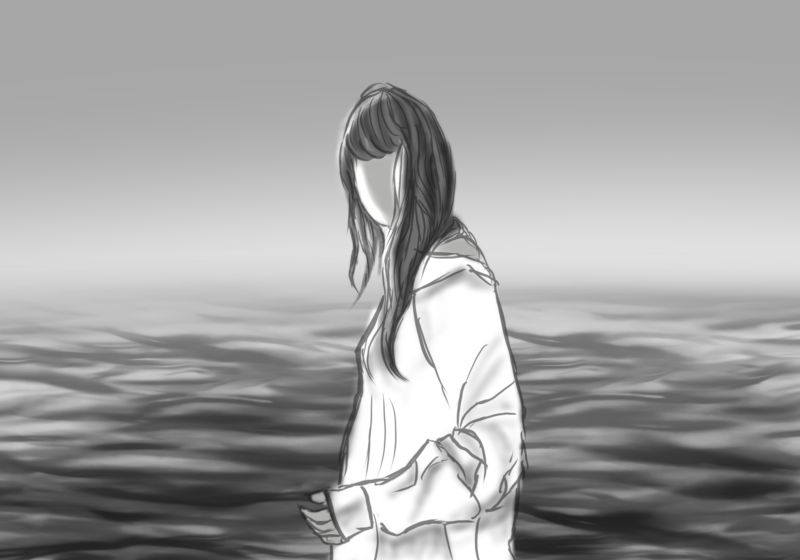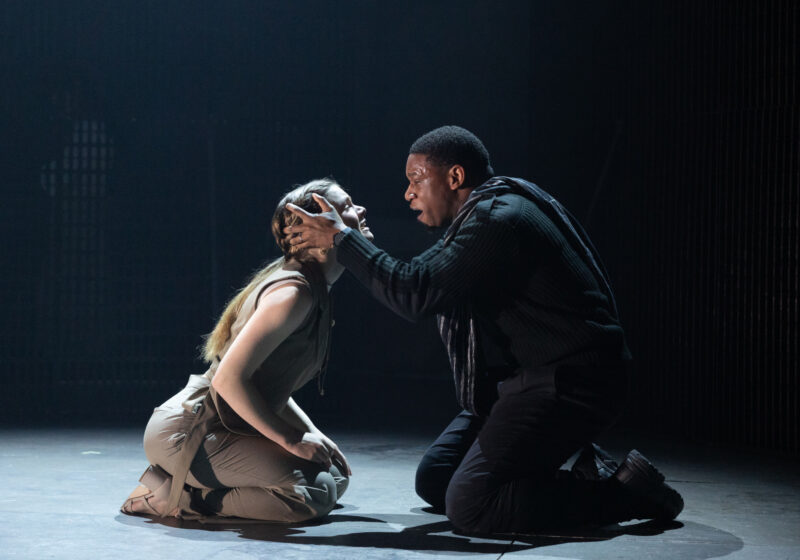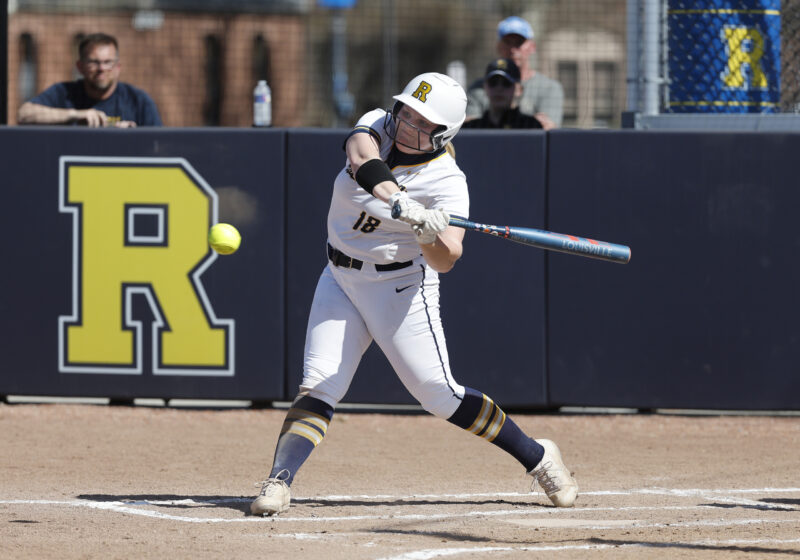On Sept. 17, 1787, 39 men gathered in Philadelphia and signed the United States Constitution, forever changing the course of history. To pay homage to the oldest written constitution in world history, a law was enacted in 2004 to establish Sept. 17 as a national holiday.
In honor of Constitution Day, the Political Science Undergraduate Council, along with the UR President’s Office, hosted a speech by Judge Richard Wesley, who discussed his work with the Constitution.
Wesley, a graduate of SUNY Albany and Cornell Law School, is a federal judge on the United States Court of Appeals for the Second Circuit. Born in Canandaigua, N.Y., Wesley was unanimously elected to the Second Circuit court in 2003 by the United States Senate.
According to Wesley, what makes the Constitution so amazing is the dynamic that exists between federal power and individual liberties.
“[It] produced a unique [and] long-lasting constitutional democracy,” he said. “Curious compromise… [with the] melding of two views into one.”
In 2004, Senator Robert Byrd of West Virginia presented the Omnibus spending bill of 2004 to Congress, which included the creation of a national holiday dedicated to this document.
The bill mandated that all publicly-funded educational institutions provide educational programming on the history of the American Constitution on Sept. 17.
In May 2005, the United States Department of Education announced the enactment of the law. The provisions set forth in the law would apply to any school receiving federal funds of any kind.
Today, the National Constitution Center works to provide schools and communities with a large variety of educational activities. These activities are dedicated to increasing awareness and understanding of the U.S. Constitution, the constitution’s history and the constitution’s relevance to contemporary Americans’ daily lives so that Americans will better understand and exercise their rights and responsibilities.
Such NCC activities include a “Bill of Rights Online Game,” “Constitutional Wordsearch Puzzles,” “Constitutional Virtual Field Trip” to Philadelphia and an interactive “I Signed the Constitution,” which allows students the opportunity to sign their names alongside founding fathers like Benjamin Franklin and George Washington.
“The Constitution provides a straightforward blueprint…that guarantees that individual liberties will not be sacrificed,” Wesley said.
In his many years of practicing law, Wesley has realized that, without it, public sentiment could produce more harm than good. He recounted a story of a road trip to Fort Lauderdale that he took with some fraternity brothers in 1969. Upon entering North Carolina, Wesley recalled seeing a billboard that advertised, “You are in the heart of Klan country. Welcome to North Carolina.” More than 15 years after the controversial verdict set forth in Brown v. Board of Education of Topeka, racial division remained a prevalent fact of life in some parts of the nation. However, Wesley feels that in today’s world, this sentiment has died down.
“Rule of law prevailed [and] the sad, awful truth of Jim Crow no longer exists,” he said.
Wesley has a picture of that billboard hung on his wall to remind himself that the rule of law is, in the end, irreversible, an aspect that he feels makes the Constitution such a remarkable document.
A brief question-and-answer session followed Wesley’s homage to the constitution. One student asked how college students could observe Constitution Day.
“You are more aware of the Constitution than you think you are,” Wesley replied. “[As college students], you exercise liberties set forth in the Constitution on a regular basis by expressing personal opinions freely.”
To complete the celebration, Wesley was asked to name his favorite part of the Constitution. He replied that Article III was his favorite because of his vocation. Article III provides the guidelines that federal judges must observe.
“I found Judge Wesley’s talk very interesting and pertinent,” PSUGC Vice President and junior Katie Wagner said. “It was refreshing to hear how he believed college students were still protecting the ideals of the constitution.”
Smith is a member of the class of 2009.





